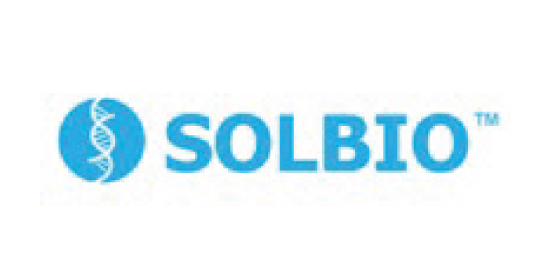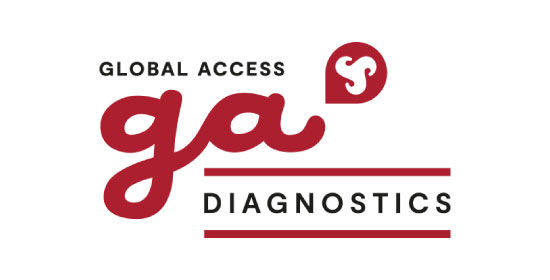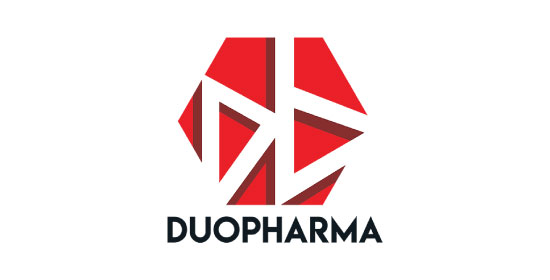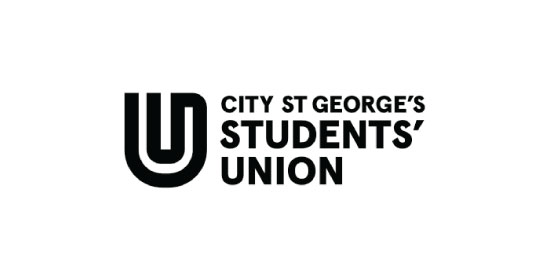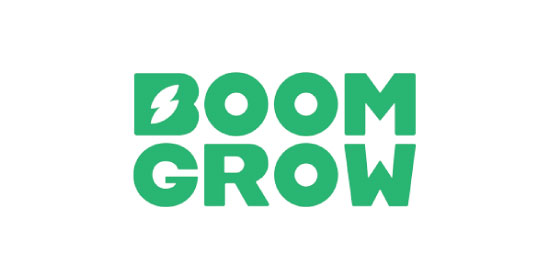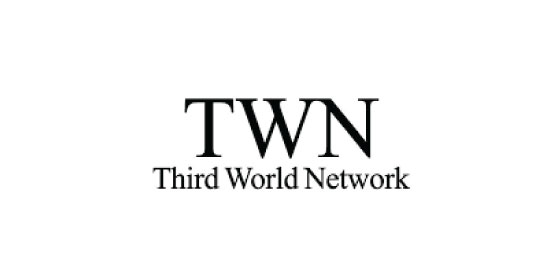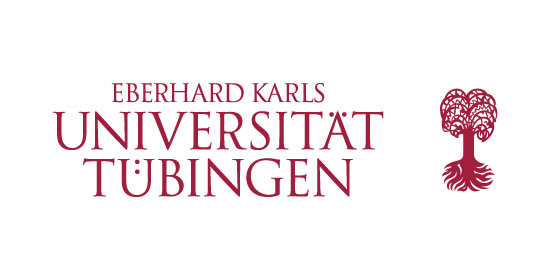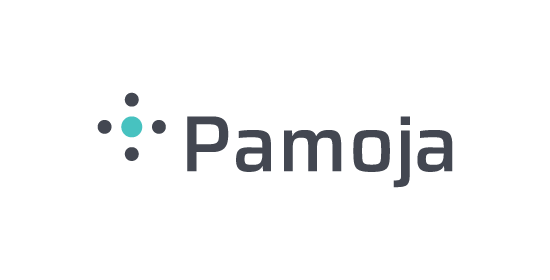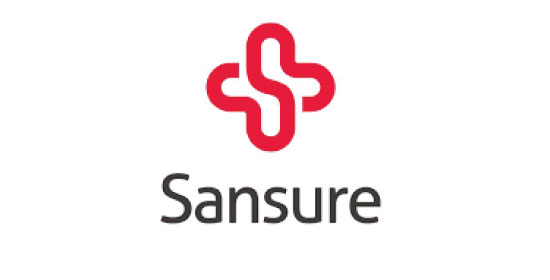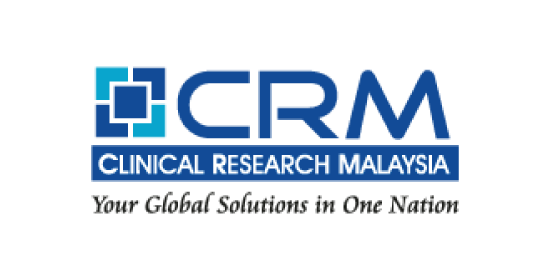Drug Repurposing
Making Malaysia a Drug Repurposing Hub for ASEAN and the Global South Existing Drugs * New Indications * Affordable Access

What is Drug Repurposing
Drug repurposing, also known as drug repositioning or reprofiling, is the process of finding new therapeutic uses for existing or investigational drugs beyond their original, approved indications. Unlike off-label use, drug repurposing seeks regulatory approval for these new uses. Drug repurposing leverages drugs with known safety profiles, making development faster, less risky, and less expensive compared to traditional drug discovery.
There are three main approaches:
- Drug-centric (expanding an existing drug’s use)
- Disease-centric (finding drugs for similar diseases)
- Target-centric (matching drugs to new biological targets)
Drug repurposing is a strategic, efficient approach to expanding treatment options by building on the foundation of existing drugs. Leveraging on Malaysia’s excellent research, development and clinical trial capacity, we aim to make Malaysia a drug repurposing hub for ASEAN and the Global South.
Revolutionizing Affordable Cancer Treatment through Drug Repurposing
We have established the Artesunate Repurposing Drug Mechanism & Novel Trials for the Global South (ARDENT-GS) Consortium, dedicated to studying the mechanism of action of artesunate across multiple types of cancer/pre-cancerous states as part of a robust translational pipeline.
Artesunate is an anti-malarial drug derived from a medicinal herb, Artesmisia Annua (Sweet Wormwood, Chinese name: qīnghāosù, 青蒿素) that has been used for thousands of years in Chinese Traditional Medicine to treat a variety of ailments. It belongs to the artemisinin class of drugs. Chinese scientist Professor Tu Youyou led a team that discovered artemisinin and its antimalarial properties in 1973. She was awarded the 2011 Lasker Prize and 2015 Nobel Prize in Physiology or Medicine for this discovery. Artesunate has an excellent safety profile and is affordable at less than USD1 per daily dose.
Our interdisciplinary team includes experts in pharmacology, oncology, microbiology, infectious disease, molecular biology and bioinformatics. The consortium will initially focus on artesunate drug repurposing for colorectal, nasopharyngeal, HPV-related cancers and acute myeloid leukemia. A number of PhDs and MSc students will be trained as part of this programme.
Two Phase II clinical trials of artesunate repurposing will also be implemented in Malaysia:
- NeoART-M: A Phase II randomised, double-blind placebo controlled trial of neoadjuvant artesunate for stage II/III colorectal cancer
- NeoART-CIN: A Phase II single-arm open label clinical trial of artesunate for HPV positive cervical intraepithelial neoplasia II/III
In addition, our collaborators at Christian Medical Centre, Vellore, India are implementing a Phase I study of artesunate repurposing in India:
- Novel and optimised de-intensified induction therapy in acute myeloid leukemia
Supported By
- Lead Institutions: Centre for Affordable Diagnostics and Therapeutics (CADT)
- Partners: Clinical Investigation Centre, Universiti Malaya Medical Centre, Clinical Research Malaysia (CRM), Pamoja, Metanoic Health (CRO).
Team Members

Prof Sanjeev Krishna
Chief Investigator

Dr Yolanda Augustin
Co-Chief Investigator

Dr Nafeesa Mat Ali
Clinical Research Manager

LOREM IPSUM
Charmin
Partners

